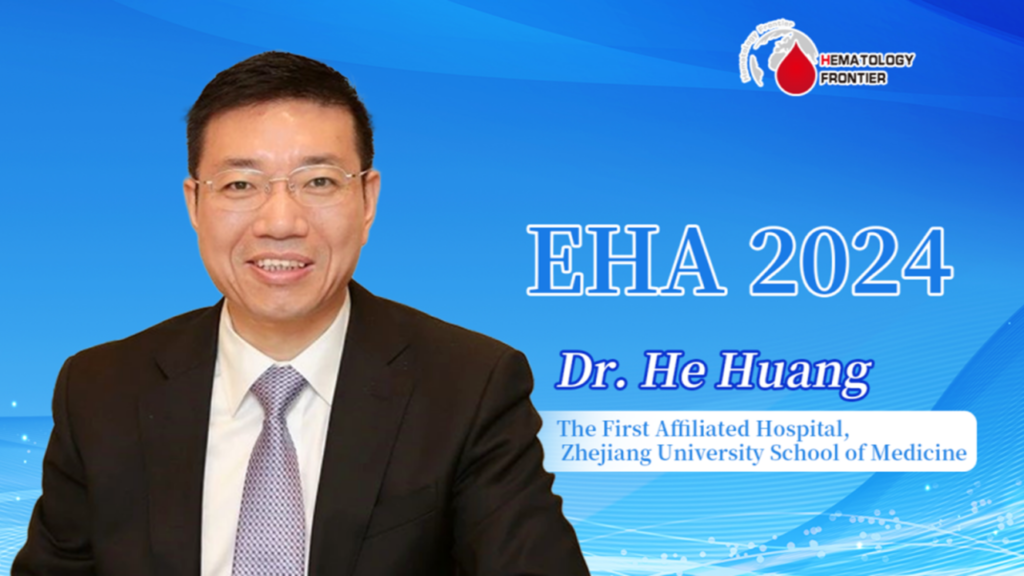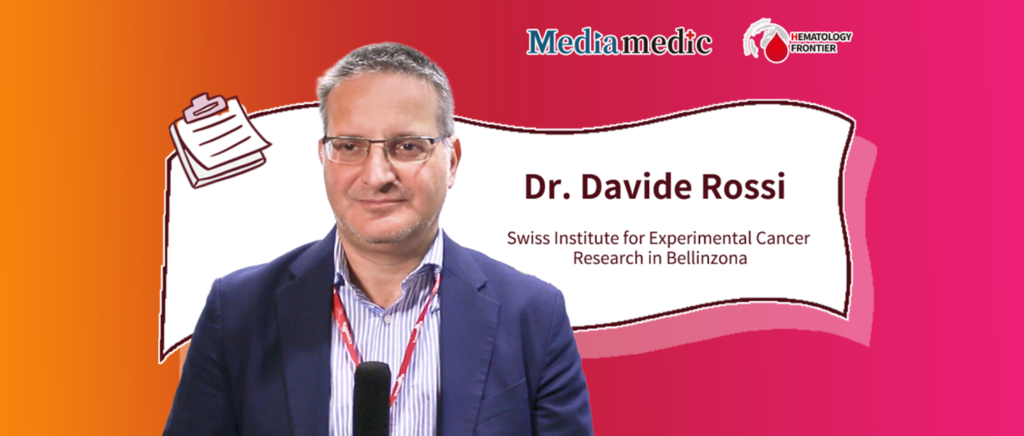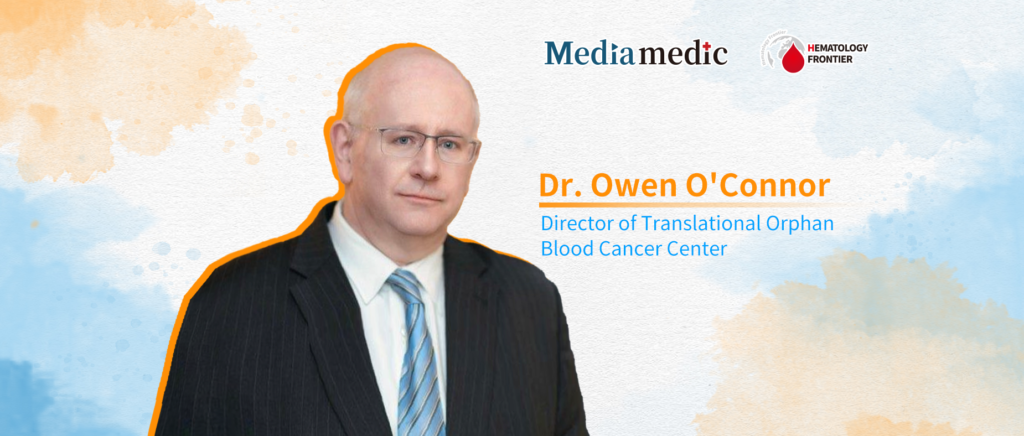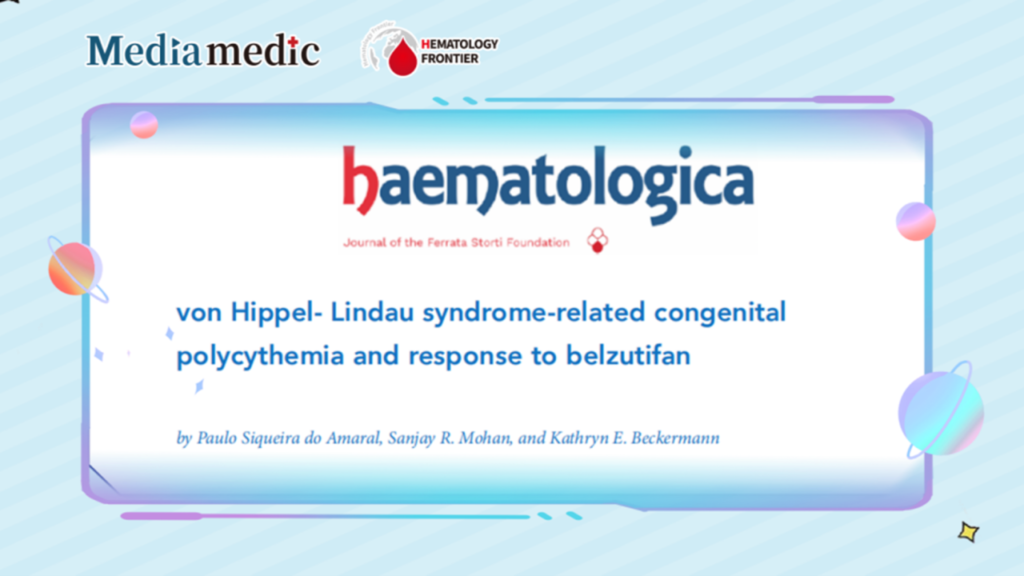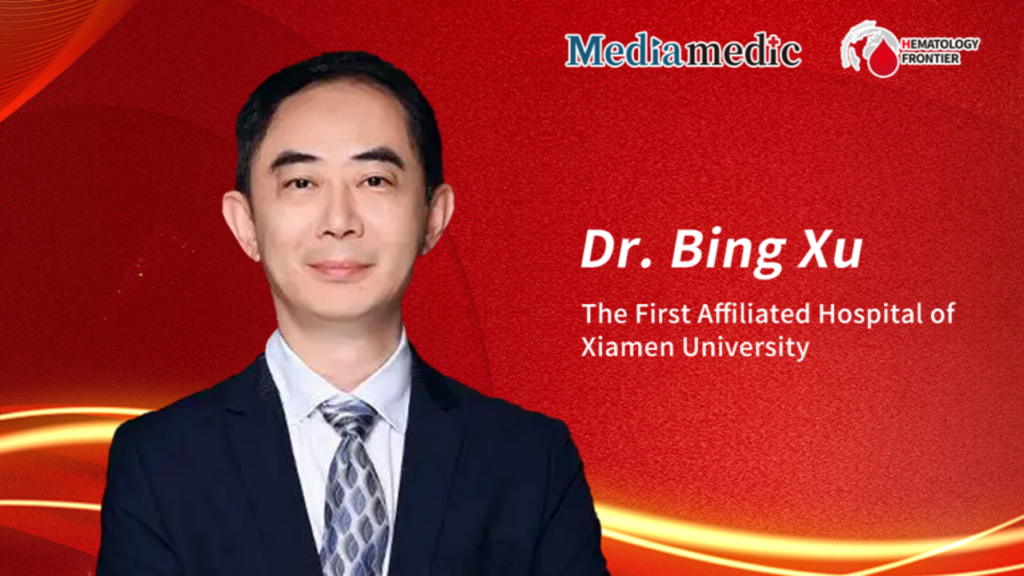EHA Global Insights | Dr. Michael Wang Interprets the Latest Results from the ECHO Clinical Trial
Mantle cell lymphoma (MCL) is an aggressive lymphoma with high malignancy and poor treatment outcomes, especially for elderly patients or those in poor health. Optimizing treatment regimens for these patient groups is crucial. At the recent 29th European Hematology Association (EHA) annual meeting, Dr. Michael Wang from University of Texas MD Anderson, Houston, USA presented the latest results from the phase 3, double-blind, placebo-controlled ECHO trial (LB3439), which evaluated the efficacy of acalabrutinib combined with bendamustine and rituximab in treatment-naïve MCL patients. "Oncology Frontier - Hematology Frontier" interviewed Professor Wang to interpret these groundbreaking findings.


